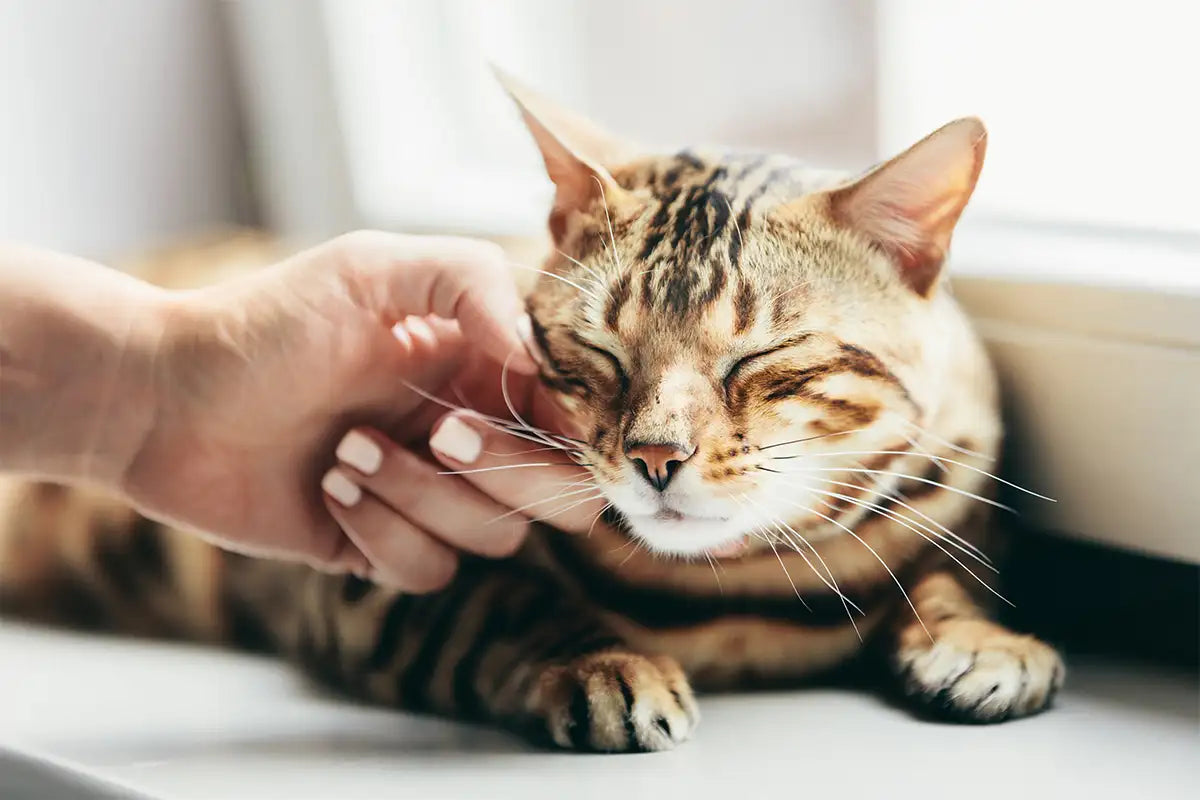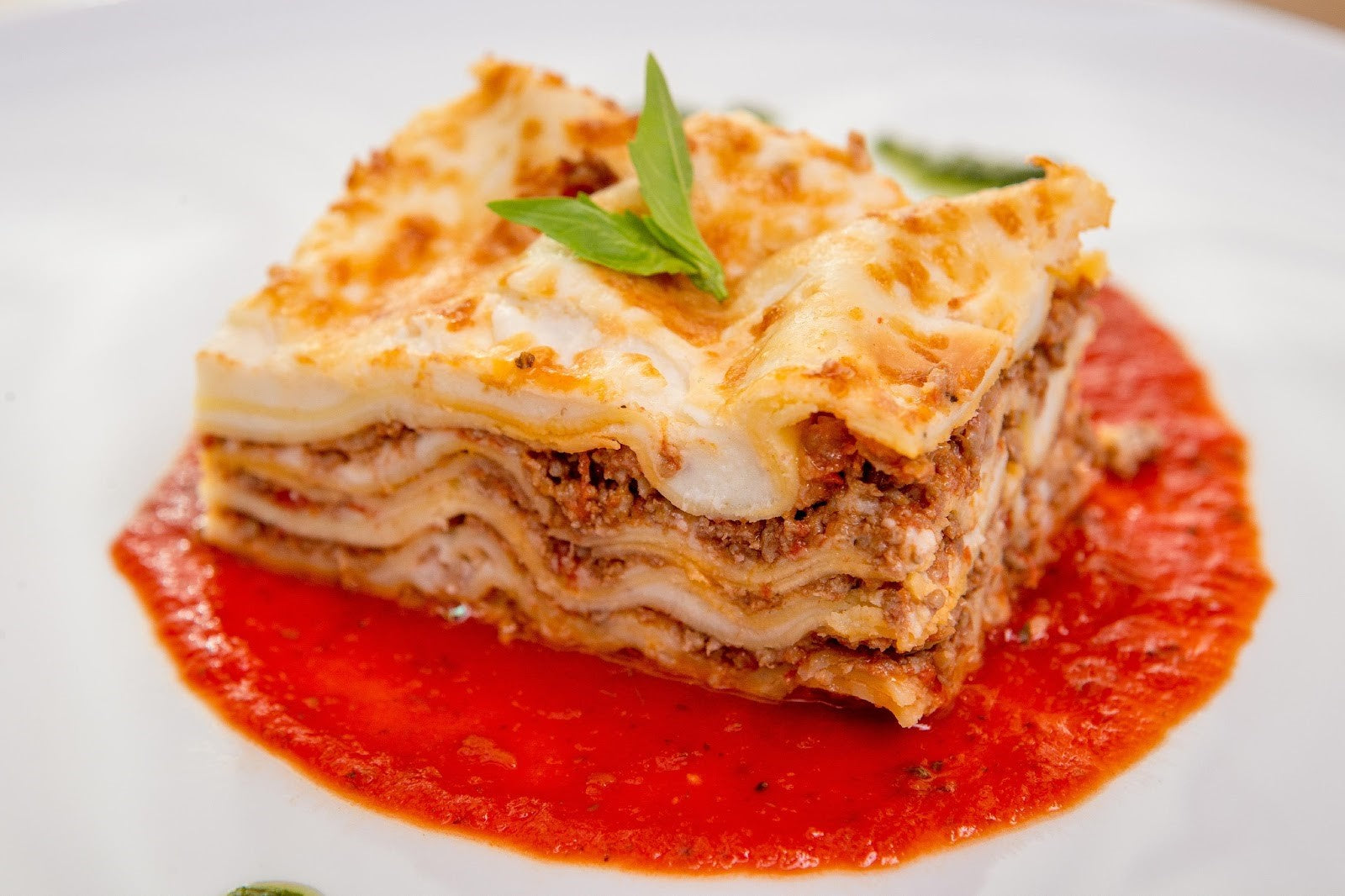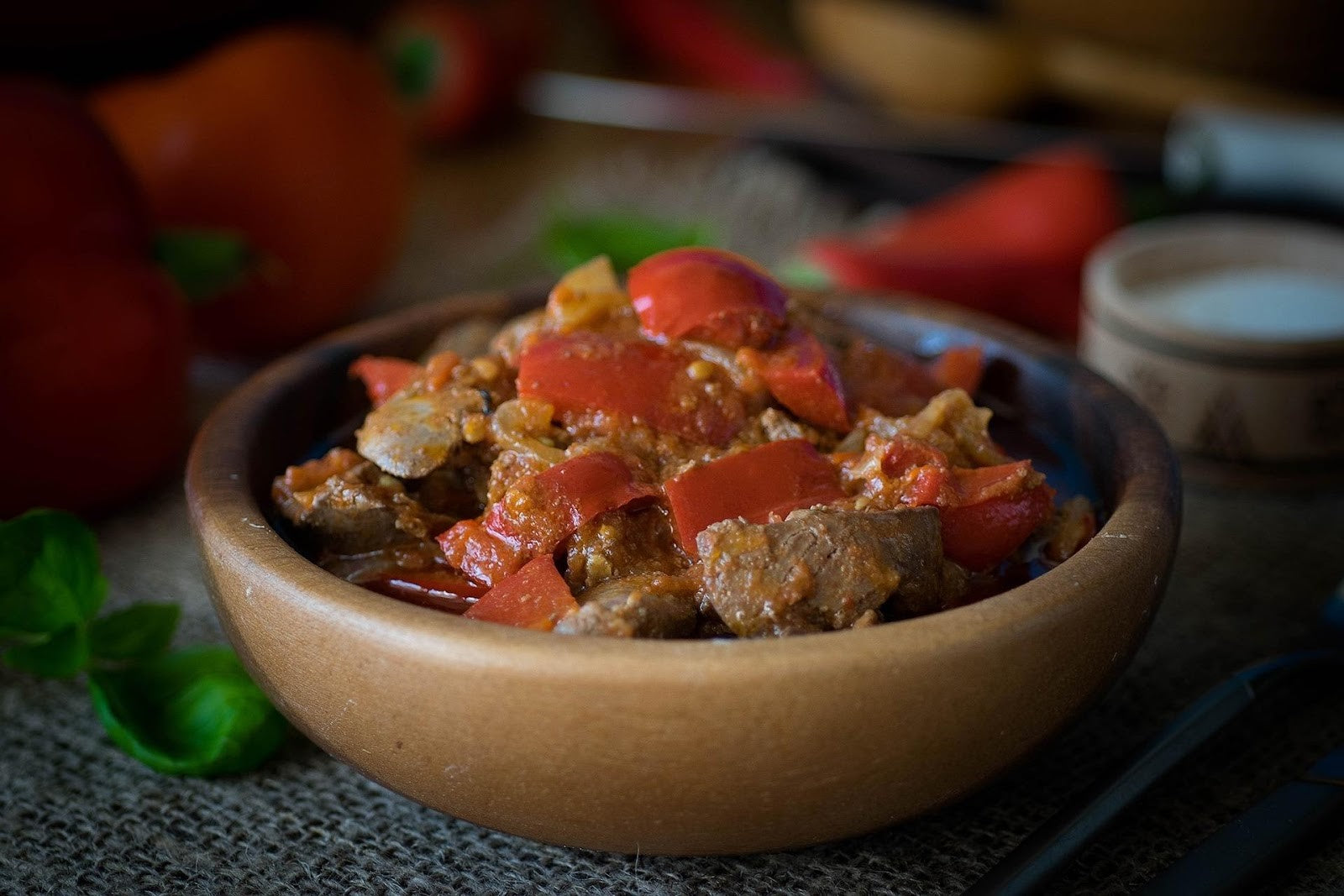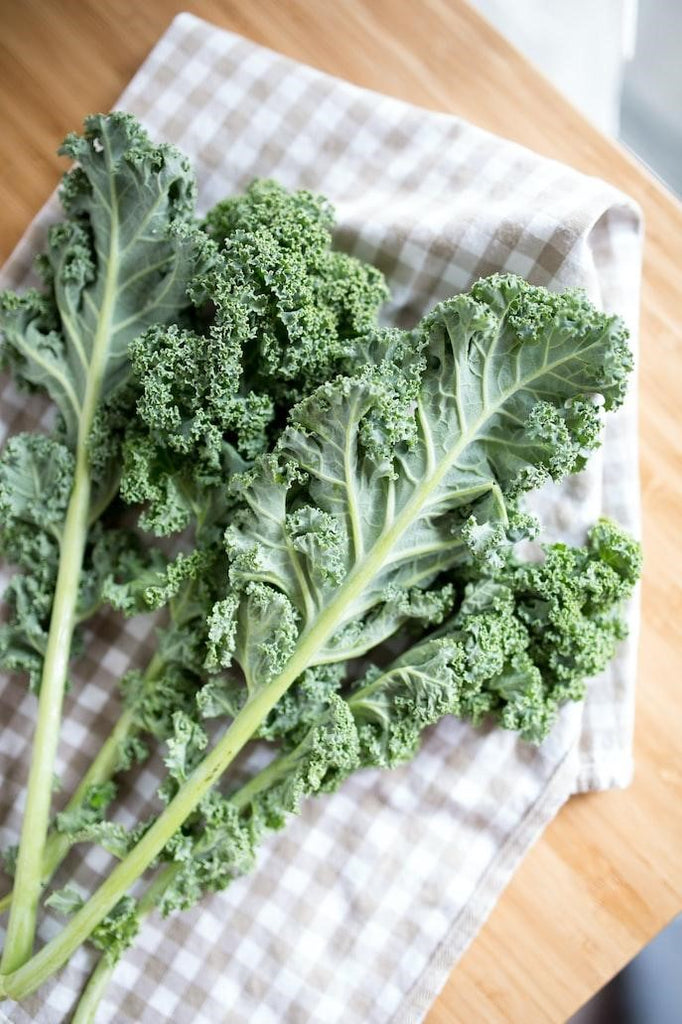
Kale may not be the favorite of many people but it is undeniably a healthy food choice. Kale is referred to as a superfood because of the nutrients it contains. It is full of antioxidants such as vitamin C. It is also known to be one of the world's best sources of vitamin K.
With the knowledge of all of these benefits of kale, you may be wondering if your feline can also enjoy these benefits. Can cats eat kale? Is kale safe for your cat? Cats are picky eaters but sometimes, they may get curious about foods. In case you have noticed your cat snooping around your plate of kale, keep reading this post to know if it's safe for them to have some or not.
Can Cats Eat Kale?
Yes, cats can eat kale. Kale is perfectly safe for cats to eat but only in small amounts. Cats, as you may already know, are obligate carnivores that need animal protein for their nourishment. However, cats can eat kale occasionally as a treat as they may enjoy some of the many benefits of the leafy vegetable. But you must avoid feeding kale in excess to your cat to prevent a life-threatening disease called Heinz body anemia.

What are the Benefits of Feeding Kale to My Cat?
Cats do not need to eat vegetables but they can enjoy a healthy vegetable snack once in a while. Kale is a superfood that is packed with various nutrients that your cat can also benefit from.
Here are some of the benefits of feeding kale to your cat:
Improved digestion
Kale is a good source of dietary fiber which is good for your kitty. Dietary fiber nourishes your cat's gut-friendly bacteria that enhance digestion. It also adds bulk to your cat's stool and keeps them feeling full for longer.
Source of antioxidants
Kale is loaded with antioxidants like polyphenols, vitamin C, etc. These antioxidants counteract oxidative damage by free radicals. In essence, antioxidants keep your cats protected from serious conditions like arthritis, cancer, diabetes, etc.
Source of Vitamin K
Cats require vitamin K for blood clotting and faster healing from wounds. Kale has a high vitamin K content that can supplement your cat's vitamin K needs.
Eye vision
Kale contains vitamin A which is necessary to give your cat excellent vision at night. Vitamin A is also good for healthy skin and overall improved immunity.
Source of minerals
Minerals such as potassium and calcium are found in kale and are necessary for normal cell function and strong bones in cats.
While cats may boost a high nutritional profile, cats may not necessarily fully enjoy most of these benefits because it is plant-based and cats get their nutrients from animal sources. Hence, although kale can be given to cats, it should not replace their formulated cat food.
Can Cats Eat Raw Kale?
The simple answer is yes. Cats can indeed eat raw kale. But just because they can doesn't mean they should. You may want to give raw kale to your fur baby maybe because you saw some cat on TV enjoying a crunchy raw vegetable. It is, however, not advisable to feed raw food to your cat because raw kale may contain parasites and other pathogens that can lead to gastrointestinal issues in your cat.
Also, raw kale may contain residues of harmful pesticides or insecticides that can lead to toxicity if consumed by your cat.
Can Cats Eat Cooked Kale?
Cooked kale is considered the acceptable way to feed kale to your cat. It can be cooked by boiling or steaming the vegetable. Cooking kale this way kills the parasites while still keeping the necessary nutrients intact.
When cooking, make sure you add no ingredients or spices. Ingredients like salt or ginger can be toxic to cats.
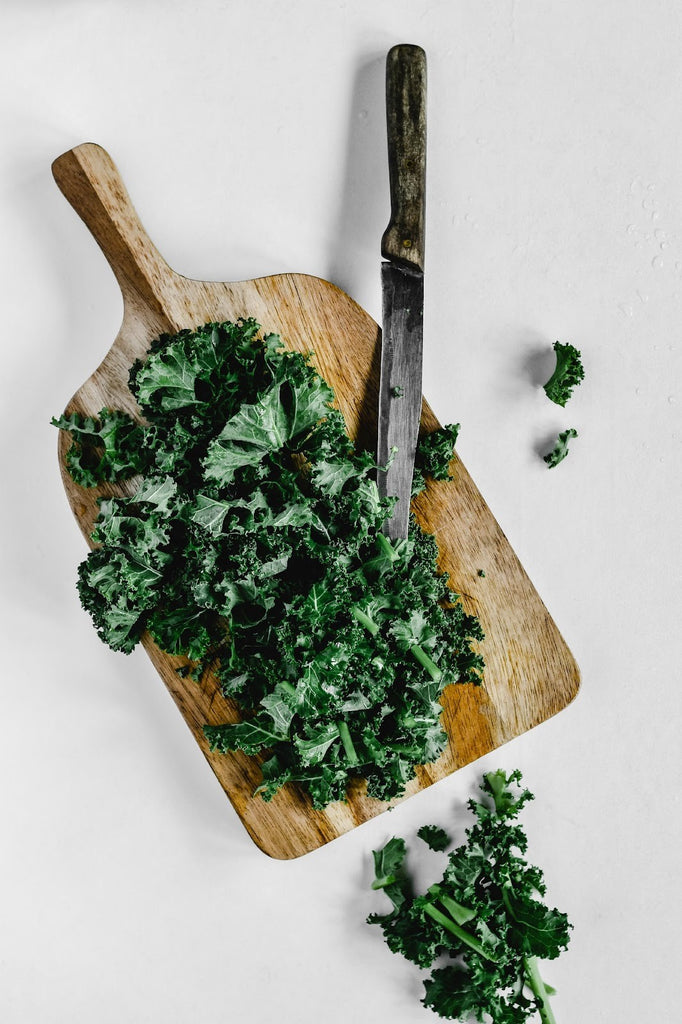
How Do I Give Kale To My Cat?
Cooked kale is the best option to give to your cat. This will ensure what you are feeding your cat is safe. However, if you choose to feed raw kale to your cat, make sure to wash it properly to eliminate harmful pathogens and toxic aerosol residues.
To serve kale to your cat, either raw or cooked, cut it up into mouth-bite sizes that are easy for them to chew. Alternatively, you can sprinkle some chopped kale on your cat's cat food and mix it.
Avoid feeding the stem, roots, or other hard parts of kale to your cat as this may cause choking hazards.
Can Kale Harm My Cat?
It is advisable to feed kale in only small amounts to your cat because feeding kale in excess can result in a condition called Heinz Body Anemia. This disease causes damaged red blood cells and if not diagnosed and treated as soon as possible, it may lead to death.
Too much kale may also have a laxative effect on your cat due to the dietary fiber content. This may lead to diarrhea and dehydration.
Finally, kale does not contain all the necessary nutrients that needs thus, feeding them too much kale will leave them malnourished. Kale makes your cat fuller faster and as such, they may not feel like eating their cat food that contains the nutrients they need. This is why it is advised to feed kale only in small amounts to your cat and occasionally, too.
Can Kittens Eat Kale?
Kittens are delicate and still growing. It is best to avoid feeding kale to kittens for different important reasons. First of all, they may experience gastrointestinal issues by eating even a small amount of kale.
Secondly, they may choke from trying to swallow the vegetables because their throats are smaller compared to an average adult cat.
And lastly, kale does not contain the essential nutrients they need to grow at this stage of their lives. It will be better if you fed them their specially formulated cat food that contains all the nutrients they need at this stage.
Conclusion
Cats can eat kale but only as an occasional treat. If your cat shows any allergic symptoms after eating kale, quit feeding them kale and consult your vet.

